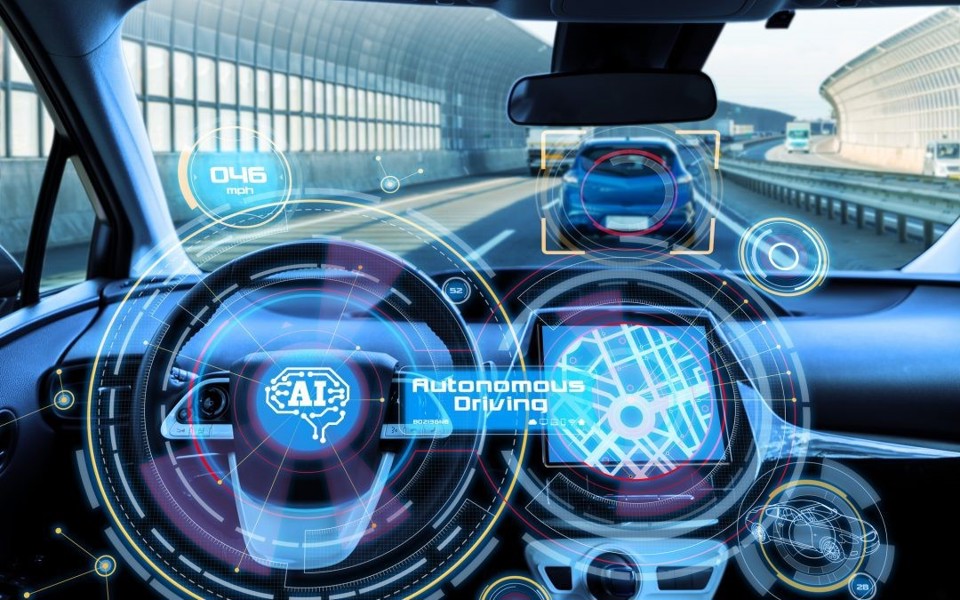Motorists have been advised that Government’s target to deliver the widespread roll-out of driverless cars on UK roads from 2025 are “not going to happen”, despite new investment in the technology.
Government has unveiled plans for new legislation to roll out self-driving vehicles on UK roads by 2025 with £100 million committed to delivering its autonomous ambitions and a further £34m confirmed on Friday (August 19) for research to support safety developments and inform more detailed legislation.
That could include researching the performance of self-driving cars in poor weather conditions and how they interact with pedestrians, other vehicles, and cyclists.
But despite plans that will see some vehicles, including cars, coaches and lorries with self-driving features operating on motorways in the next year, many expect the reality of mass adoption timescales to be far longer.
Unprecedented change
Quoted in AM’s sister title, Fleet News, Greg Ford, the general manager of Driver Risk Management, said: “While, in theory, driverless vehicles could be legal on the UK’s roads by 2025, the reality is this is not going to happen.”
Jonathan Hewett, chief executive of Thatcham Research, welcomed the “breadth of the Government’s ambition” in positioning the UK as a centre for self-driving innovation, along with the safety-first approach.
But he added: “The cars we drive are changing at an unprecedented rate. But the automotive industry is still at the lower end of a steep learning curve.
“It’s vital that we balance the risk with the opportunity, gathering intelligence on the different use cases for the technology and in turn understanding what it means for all road users.”
He added: “All the ingredients are present for the UK to become a global leader in this space. However, it is paramount that we make sense of the data these vehicles will provide, to inform risk and ultimately pave the way for safe adoption.”
Ministers claim that accelerating the adoption of driverless vehicle technology will enable the UK take full advantage of the emerging market of self-driving vehicles, which could create up to 38,000 jobs and could be worth an estimated £42 billion.
Government’s announcement of extra funding to boost this ambition came as the Centre for Data Ethics and Innovation (CDEI) published its Responsible Innovation in Self-Driving Vehicles report, which set out proposals for a trustworthy approach to the regulation and governance of self-driving vehicles.
The report warned that it might not be enough for self-driving cars to be safer than normal cars, suggesting that the public may have little tolerance for driverless car.
In June a survey of over 1,000 UK motorists by CarGurus found motorists were already sceptical about autonomous driving aids.
Only 22% of those surveyed were excited about the prospect of a car that offers many of the systems already available in most new cars, including automatic emergency braking, pedestrian detection, adaptive cruise control and lane-keeping assist.
'Huge benefits'
Transport secretary Grant Shapps said that the benefits of motorists handing over control would be "huge", however.
Shapps said: “The benefits of self-driving vehicles have the potential to be huge.
“Not only can they improve people’s access to education and other vital services, but the industry itself can create tens of thousands of job opportunities throughout the country.
“Most importantly, they’re expected to make our roads safer by reducing the dangers of driver error in road collisions.
“We want the UK to be at the forefront of developing and using this fantastic technology, and that is why we are investing millions in vital research into safety and setting the legislation to ensure we gain the full benefits that this technology promises.”



















Login to comment
Comments
No comments have been made yet.